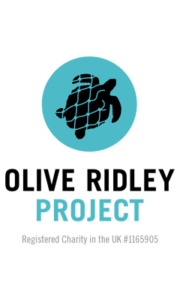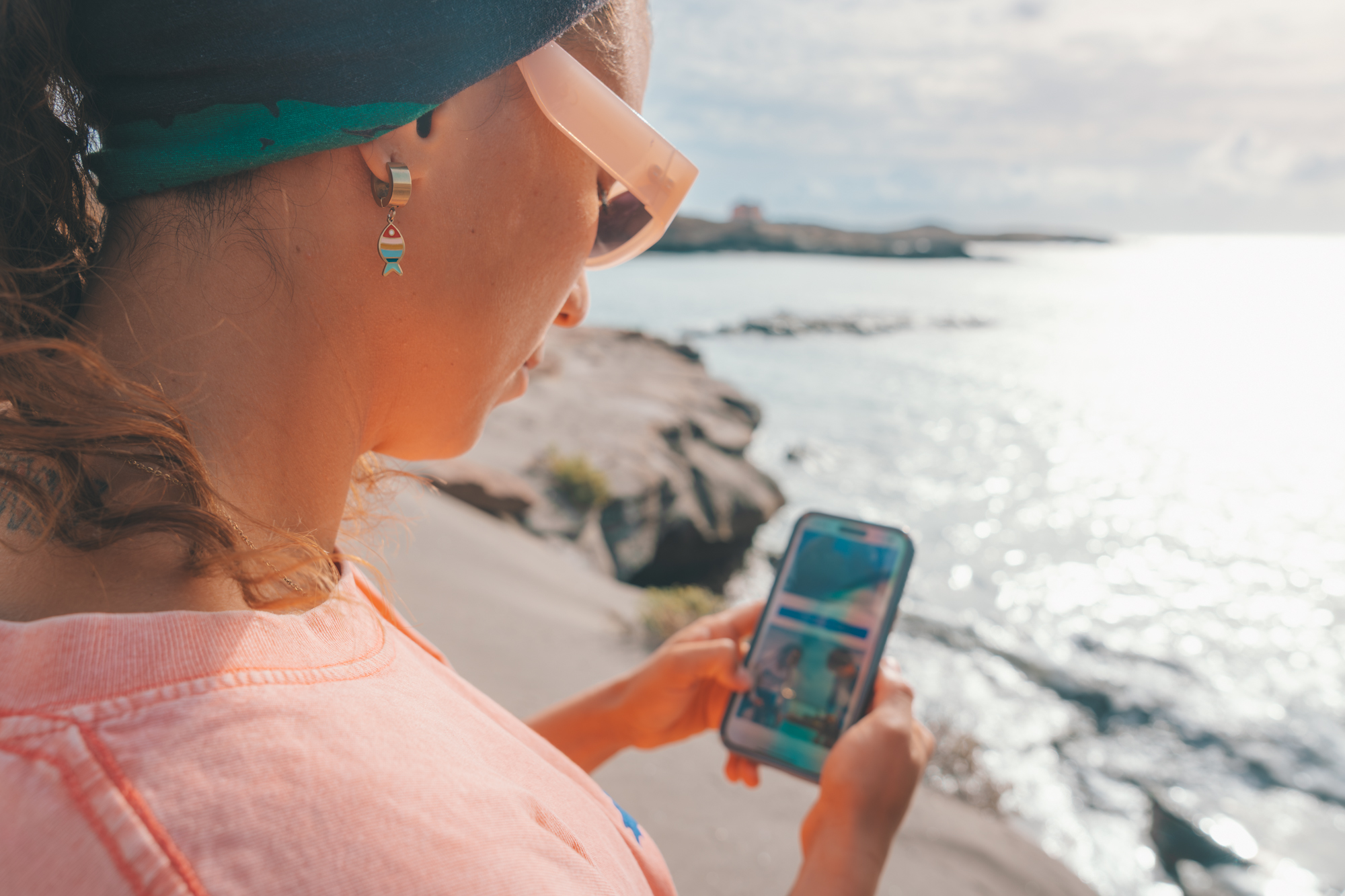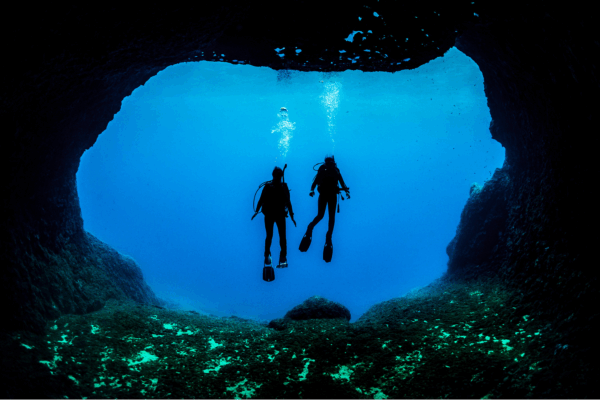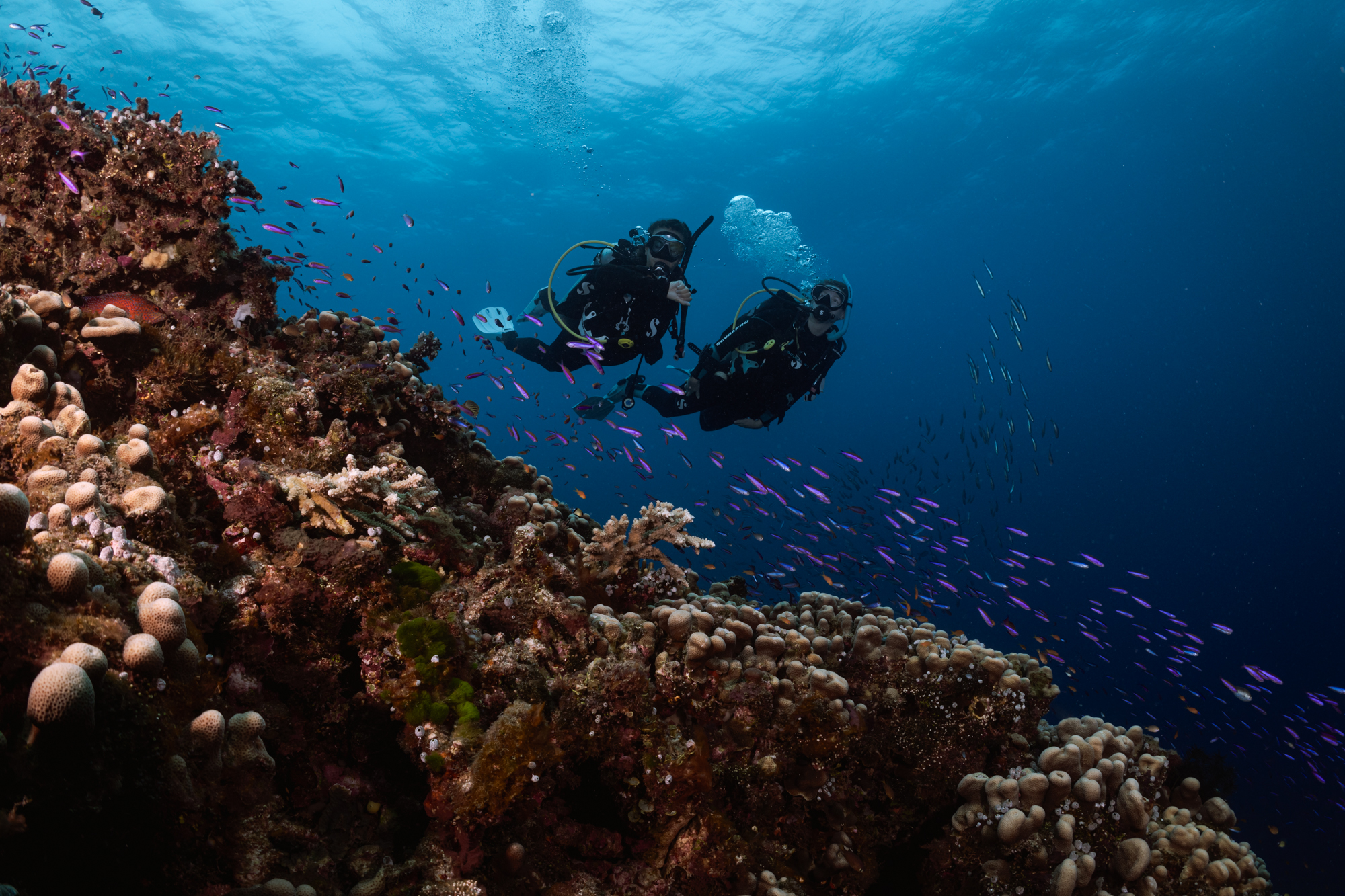The Olive Ridley Project (ORP) was founded in 2013 by Biologist Martin Stelfox in response to the alarming number of olive ridley sea turtles found entangled in abandoned, lost or discarded fishing gear (or ghost gear) in the Maldivian archipelago. Since then ORP strive to protect sea turtles and their habitats in the Indian Ocean through research, education, rehabilitation and by working with local fishing communities. ORP later became a registered Charity (No. 1165905), registered in England & Wales.
In the Maldives ORP volunteers have removed more than 1400 ghost nets and recorded 812 trapped turtles between 2013 and 2019. Olive ridleys make up approximately 90% of all trapped sea turtle species, however it is noted that leatherback, hawksbills, greens and loggerheads have all been reported entangled in ghost gear in the Maldives. (Numbers accurate as of June 2019.)
In February 2017 ORP opened a Marine Turtle Rescue Centre in partnership with Coco Collection in Baa Atoll, Maldives. This was and still is the only fully-equipped marine turtle rescue centre with round the clock veterinarian care provided in Maldives. The surgery boast a wide variety of specialized equipment, including an, x-ray, ultrasound and provides full surgical facilities from diagnostic to treatment. The Rescue Centre can accommodate up to eight turtle patients at any one time and continues to be the central hub for medical emergencies for sea turtles in the country.
In the first two and a half years of operation the ORP treated 99 turtles, out of which 46 were successfully released back into the sea.
The ORP is a small charity that rely on volunteers for much of their work. ORPs team of turtle biologists and conservationist are steadily growing and have expanded into Pakistan, Kenya and Oman. Meet the passionate ORP team in the field and behind the scenes here.
Why Olive Ridley?
The olive ridley (Lepidochelys olivacea) is a species of sea turtle that is particularly rare in the Maldives. Most encounters with this vulnerable sea turtle are under stressful conditions mostly when found entangled in ghost nets throughout the Maldives..
Entanglement often leads to severe, sometimes fatal injuries and flipper amputations are not uncommon. If the entangled turtle is lucky enough to be rescued from the offending ghost net, the injuries and stress experienced by the turtles during this ordeal often lead to buoyancy problems, this is when turtles become positively buoyant and as a result often starve and eventually die if not treated.
Ghost Nets in the Maldives
In the Maldives, fishing is done mainly with line and pole. Ghost nets found in Maldivian waters most likely drifted here with the currents. Unfortunately, it is difficult to say for certain where the nets originate. Changes in current direction during monsoons adds to the complexity in determining the origin of the ghost nets.
The Olive Ridley Project aims to protect and preserve the Indian Ocean from ghost nets by actively removing discarded fishing nets, rescuing and nursing entangled turtles back to health; educating local and scientific communities about the issue; identifying the origins of the ghost nets and target these locations to change their fishing techniques; and promoting end of life recycling of fishing nets.
Citizen Scientists
A community of volunteers, environmentalists and marine biologists around the Indian Ocean are invaluable to the ORP. Their contributions have so far been phenomenal. The data they collect for the ORP through analysis of removed ghost nets and observations of entangled marine organisms have made it clear: ghost nets are a problem all over the Indian Ocean and many other marine organisms besides olive ridley sea turtles are being caught in, and killed by, ghost nets. Ghost nets are devastating already endangered marine life.
PADI staff teamed up with Olive Ridley Project and helped approve two distinctive specialty:
• Turtle Awareness distinctive specialty
• Turtle Net Rescue distinctive specialty
If you are based in the Maldives and work with ORP, or are involved to some degree in turtle rescue or simply want to know more how you can assist, you can sign up and become a distinctive specialty instructor free of charge. Please email your Regional Manager [email protected] for further details and request the PADI distinctive specialty outlines.
All specialty application will be processed free of charge during the month of September 2019. Send your specialty application to Matt.
Please donate to the Olive Ridely Project. Your donation will help untangle more turtles from ghost gear and nurture injured turtles back to health. Furthermore, it will fund ORP’s educational programs, ghost gear removal efforts and initiatives to reuse end-of-life fishing gear. ORP will be grateful for any donation received – big or small.





